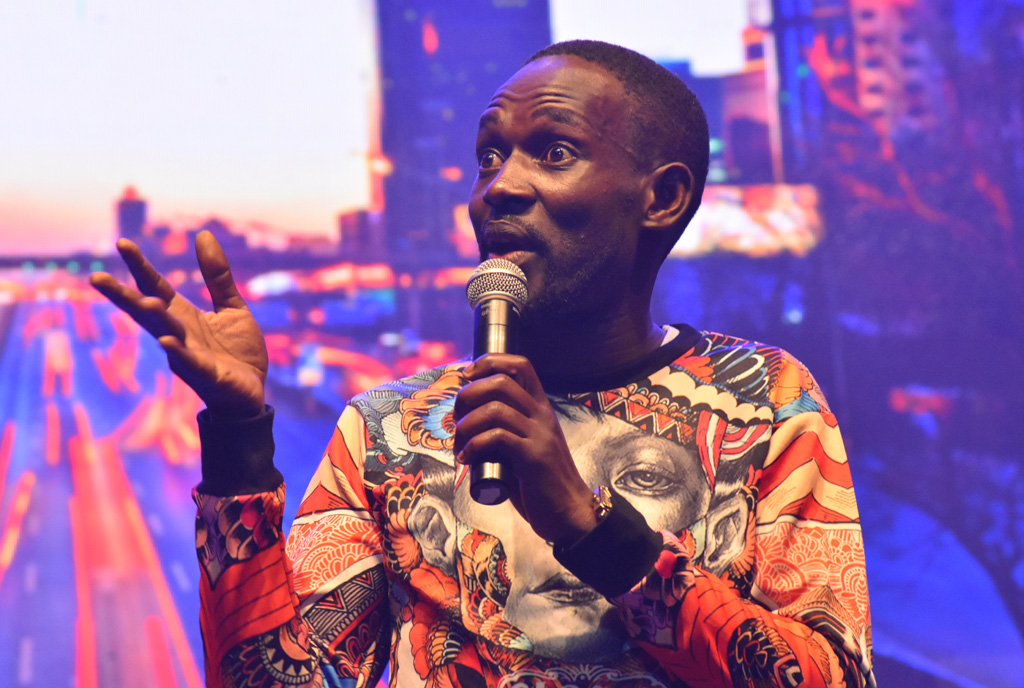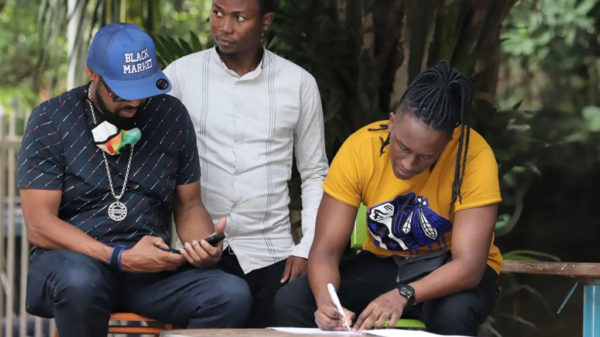The National Unity Platform (NUP) and other critics accuse security agencies of applying the law selectively, primarily targeting Opposition supporters while allowing public figures such as musicians and influential individuals to wear military-like outfits without repercussions. This perceived double standard has fueled claims that the law is being used as a political weapon to suppress dissent.
It was October of 2020. The tensions following electioneering ahead of the 2021 poll had reached breaking point. A joint operation conducted by police and the army saw security operatives descend on the headquarters of the National Unity Platform (NUP) party in the Kampala suburb of Kamwokya.
On the radar of the country’s security apparatus were military-esque attire. The raid, Brig Gen Flavia Byekwaso, then army spokesperson, would reveal in an October 15, 2020 post on X (formerly Twitter), was “due to continued illegal use of military and police stores and other military/police patented designs…”
The raid was a follow-up on the September 18, 2019 Notice No. 1013 of 2019. The notice issued by the UPDF in the Uganda Gazette prohibited members of the public from donning military attire. The notice was anchored on Section 160 of the Uganda People’s Defence Forces Act, 2005, subsection 2, part (c). The legislation prohibits non-members of the security forces from receiving, possessing, selling, or delivering any such attire mentioned above, among others.
Fast forward to this week. The legislation is being waved in a manner that NUP has taken exception to as Uganda prepares to go to the polls in 2026……
READ FULL STORY HERE




























































